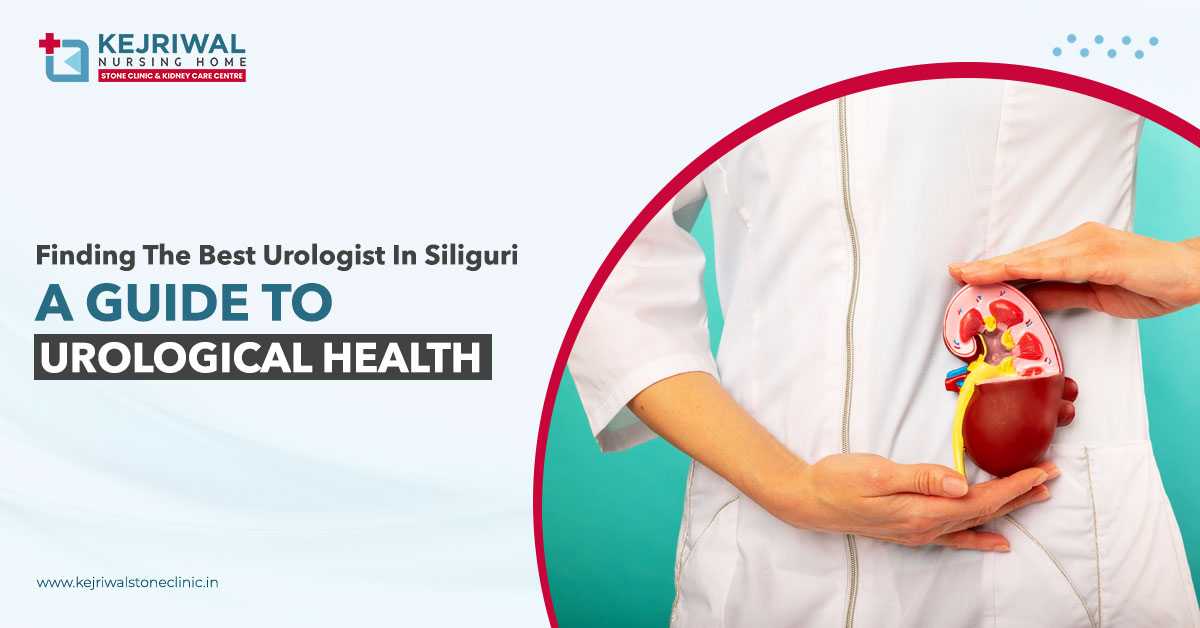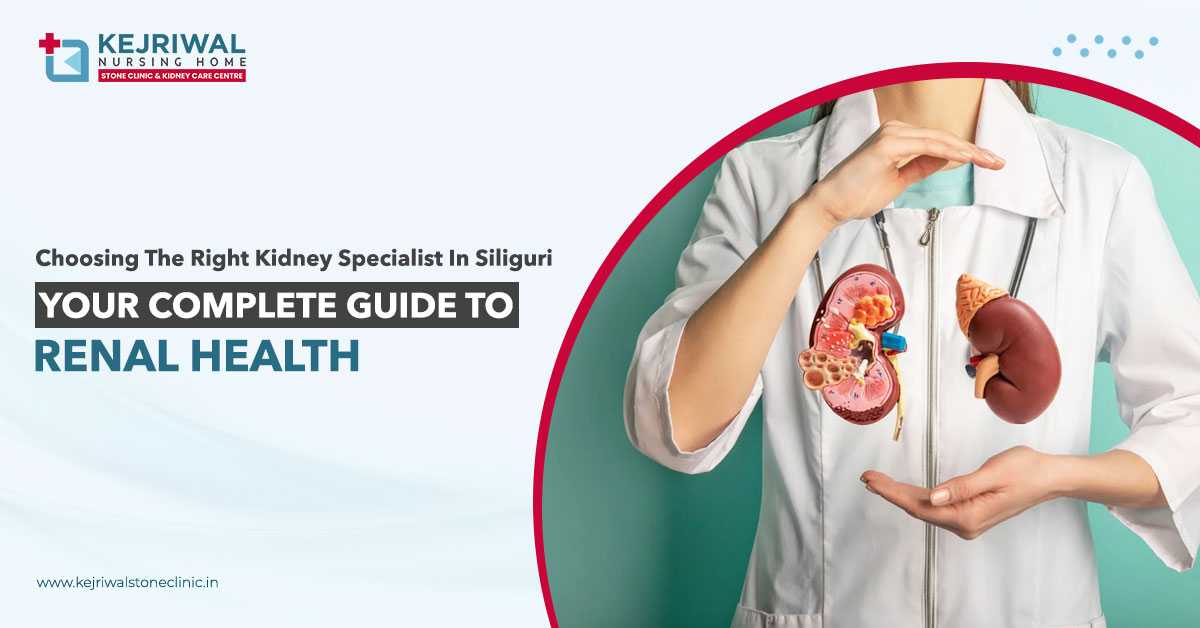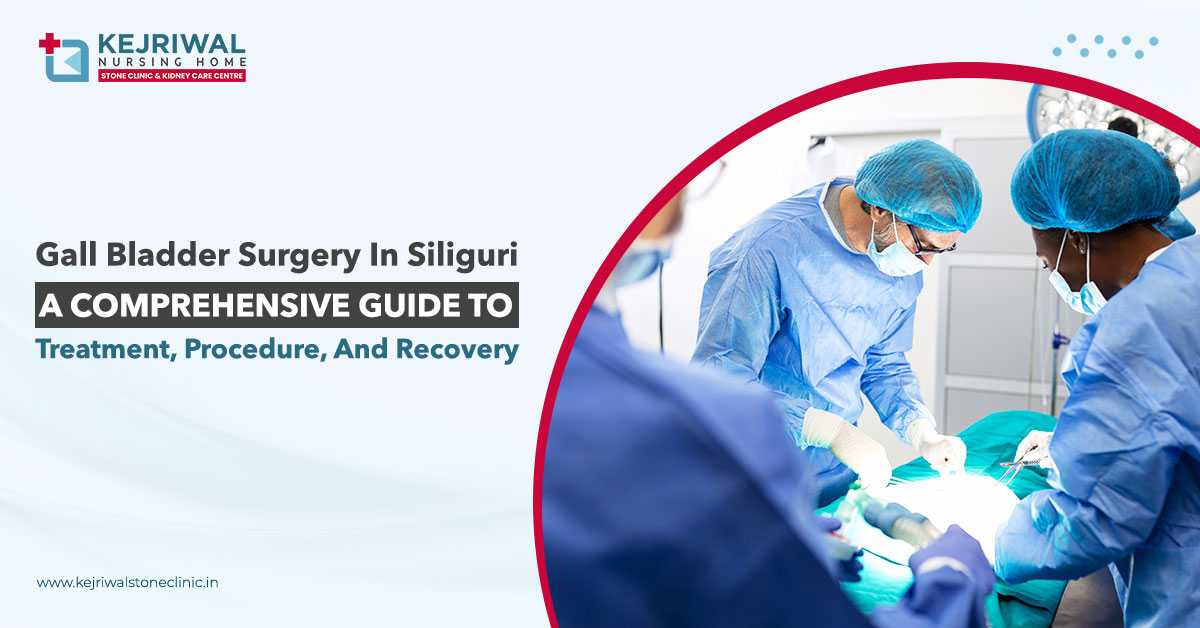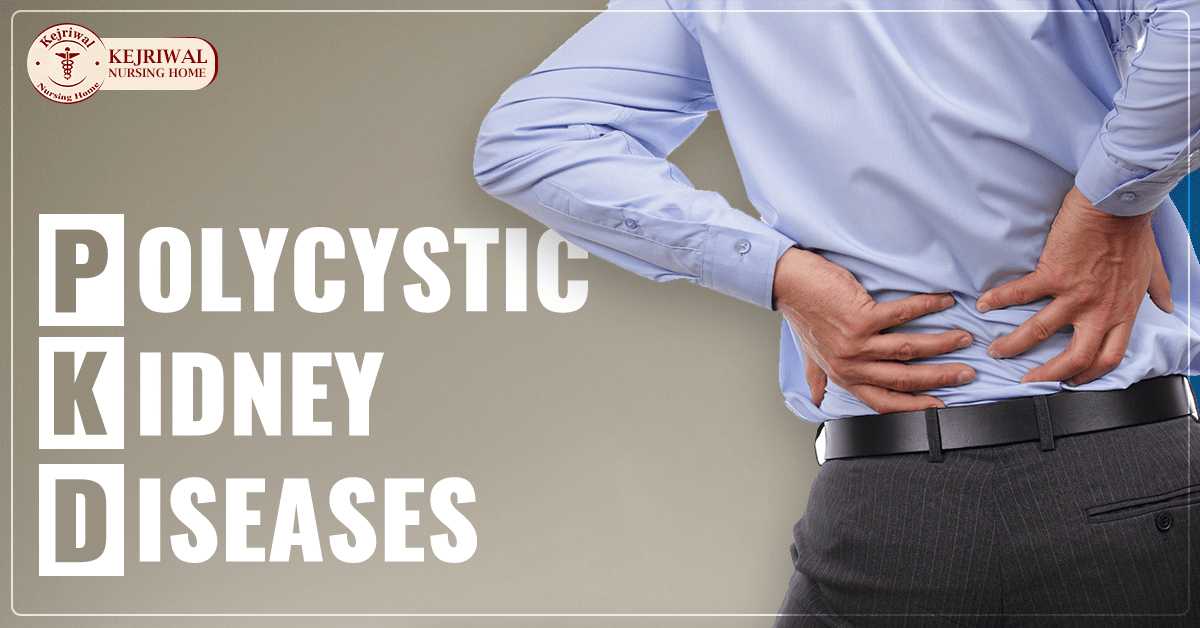Polycystic renal disorder (PKD) is a genetic disease during which clusters of cysts develop primarily within your kidneys, causing your kidneys to enlarge and lose function over time. Cysts are noncancerous round sacs containing fluid. The cysts vary in size, and that they can grow very large. Having many cysts or large cysts can damage your kidneys. The polycystic renal disorder can also cause cysts to develop in your liver and in your body. The disease can cause serious complications, including high blood pressure and renal failure.
Things you need to know about PKD
Symptoms
- High vital sign
- Back or side pain
- Headache
- A feeling of fullness in your abdomen
- Increased size of your abdomen thanks to enlarged kidneys
- Blood in your urine
- Kidney stones
- Kidney failure
- Urinary tract or kidney infections
In case of occurrence of any of these symptoms, you must immediately consult the best kidney doctor in Siliguri.
Causes
People who have PKD were born with it. PKD is nearly always inherited from a parent or from both parents. People of all genders, ages, races, ethnicities and nationalities can have PKD. Men and ladies get PKD equally as often. If you've got a blood relation with PKD, you're more likely to possess PKD or carry the gene that causes it. If you carry the gene that causes PKD but you are doing not have the disease, you're called a carrier. this is often possible with autosomal recessive PKD.
Complications which will be driven by PKD
- Kidney failure
- Urinary tract infections
- Kidney stones
- Liver cysts
- Cysts in your pancreas
- Heart valve problems
- Colon problems
- Brain aneurysms
- Preeclampsia in pregnant women who have a high blood pressure
Treatment Procedures for the condition
- Dialysis
- Kidney transplant
- Growth hormones
- Blood pressure medicine
- Antibiotic medicines
- Combined liver and kidney transplant
How can you prevent this from happening?
Keeping your kidneys as healthy as possible may help prevent a number of the complications of this disease. one among the foremost important ways you'll protect your kidneys is by managing your blood pressure level
- Here are some tips for keeping your vital sign in check
- Take the vital sign medications prescribed by your doctor as directed.
- Eat a low-sodium diet containing many fruits, vegetables and whole grains
- Maintain a healthy weight. Ask your doctor what the proper weight is for you
- If you smoke, quit
- Exercise regularly. Aim for a minimum of half-hour of moderate physical activity most days of the week
- Limit alcohol use




